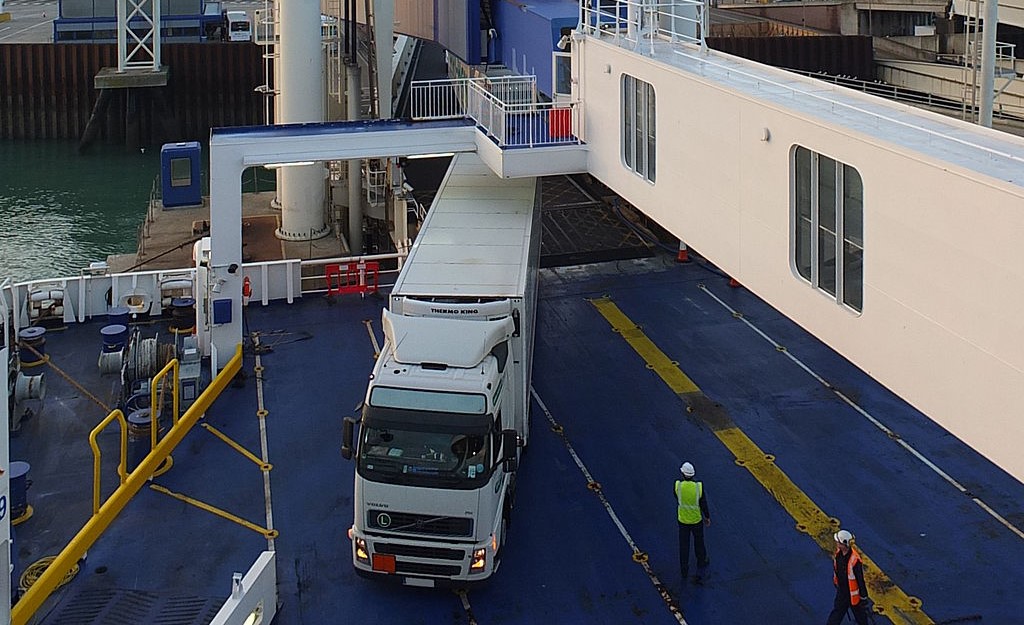The study, analysing data from over 100,000 firms, highlights that smaller businesses have been disproportionately affected. Around 14% of firms—approximately 16,400—ceased exporting to the EU after the TCA’s introduction.
The impact of the TCA varied significantly by company size. Smaller firms, particularly those with six or fewer employees, saw their average value of EU exports drop by 30%. Medium-sized firms (17–40 employees) faced a 15% reduction. By contrast, large firms with over 107 employees maintained their export levels, cushioning the overall decline in trade.
The research found no evidence that the TCA had affected exports to non-EU countries, suggesting the overall reduction in exports stems solely from diminished trade with the EU.
The TCA also led to a £20 billion (3.1%) reduction in imports in 2022. While imports from the EU fell, this was partly offset by an increase in imports from non-EU countries.
Although the TCA avoided tariffs, it introduced several non-tariff barriers, including customs checks, additional paperwork, rules of origin requirements, and sanitary and phytosanitary checks. These measures have particularly disrupted smaller firms, which often lack the resources to navigate the increased bureaucracy.
Kalina Manova, a professor of economics at UCL and co-author of the study, commented that the TCA has complicated supply networks and increased uncertainty for exporters.
“Firms’ performance in the medium to long run will hinge on their ability to maintain supply networks and diversify export demand,” she said.
Thomas Sampson, an associate professor of economics at LSE, described the TCA as “a disaster for small exporters,” many of whom have stopped trading with the EU entirely.
The CEP’s analysis, which uses customs data for the first time to assess Brexit’s trade impact, focuses on goods rather than services and covers trade data from 2012 to 2022.










